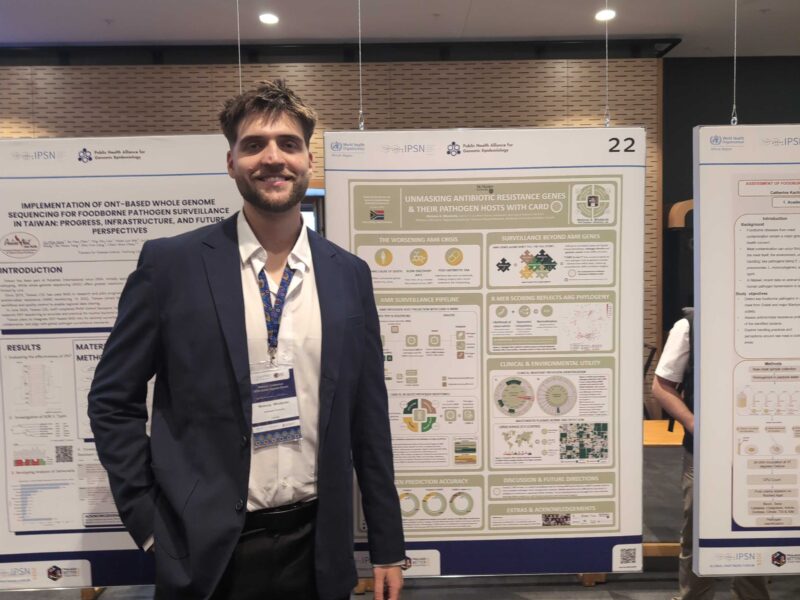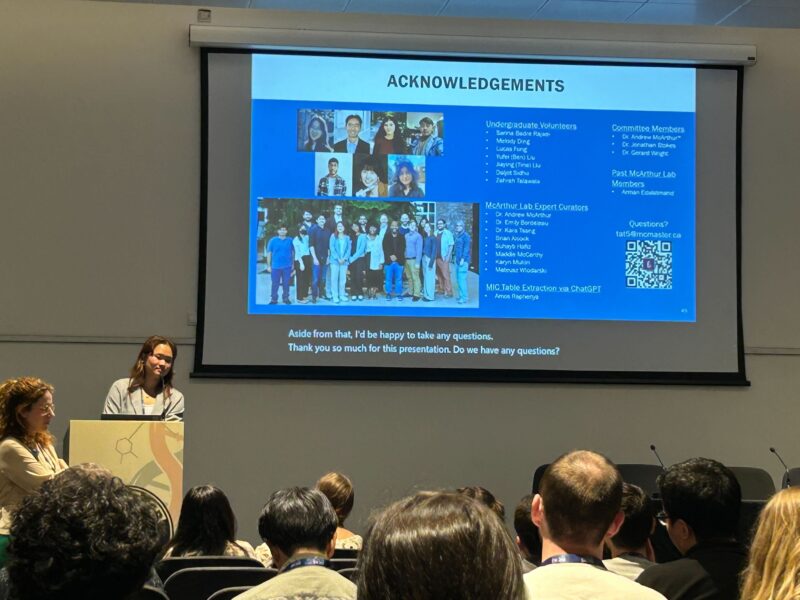![]() Smith, E.M., A.G. McArthur, M. Galus, S. Higgins, N. Kirischian, J. Jeyaranjaan, & J.Y. Wilson. 2014. Transcriptional responses of zebrafish to pharmaceutical and wastewater exposure: are single compound exposures predictive of mixtures? Keynote presentation at the Aquatic Toxicology Workshop 2014, Ottawa, Canada.
Smith, E.M., A.G. McArthur, M. Galus, S. Higgins, N. Kirischian, J. Jeyaranjaan, & J.Y. Wilson. 2014. Transcriptional responses of zebrafish to pharmaceutical and wastewater exposure: are single compound exposures predictive of mixtures? Keynote presentation at the Aquatic Toxicology Workshop 2014, Ottawa, Canada.
Human pharmaceuticals have been well documented in receiving waters yet their impacts on aquatic species are not clear. We have exposed adult zebrafish for 6 weeks to waterborne acetaminophen, gemfibrozil, venlafaxine, and carbamazepine at two doses (0.5 and 10 μg L-1). Fish were then exposed to a mixture of all four pharmaceuticals or wastewater effluent (5 and 25%) to assess whether transcriptional responses are similar with mixtures.. For all exposures, reproduction was significantly reduced and histopathological changes induced in kidney with at least the high dose exposure. Livers were pooled to provide sufficient RNA for microarray analyses. Hepatic transcriptional responses were determined with a modified Agilent 44K zebrafish microarry using a single channel approach. Significantly different probes were identified with a 2-way ANOVA (sex and treatment) and rank product analyses with a 10% false discovery rate. Transcriptional responses were particularly marked with acetaminophen exposure and there was broad overlap in the significant probes found between doses and across gender for this compound. 52 probes were at least 20 fold up- or down- regulated in acetaminophen exposed fish; 3 probes were 100 fold up-regulated (apolipoprotein Eb precursor, cdc73, and a hypothetical protein). Unique probes were identified for all exposures suggesting a unique transcriptional response may occur for each pharmaceutical, the pharmaceutical mixture, and wastewater effluent. Interestingly, there was almost no overlap in the transcriptional response found with single pharmaceutical exposure and either the mixture or wastewater effluent exposure. Indeed, the large transcriptional response from acetaminophen exposure was largely absent in fish exposed to the pharmaceutical mixture and wastewater effluent. This suggests that identifying individual or clusters of genes that may be useful in effects based monitoring may be difficult for pharmaceutical compounds.

